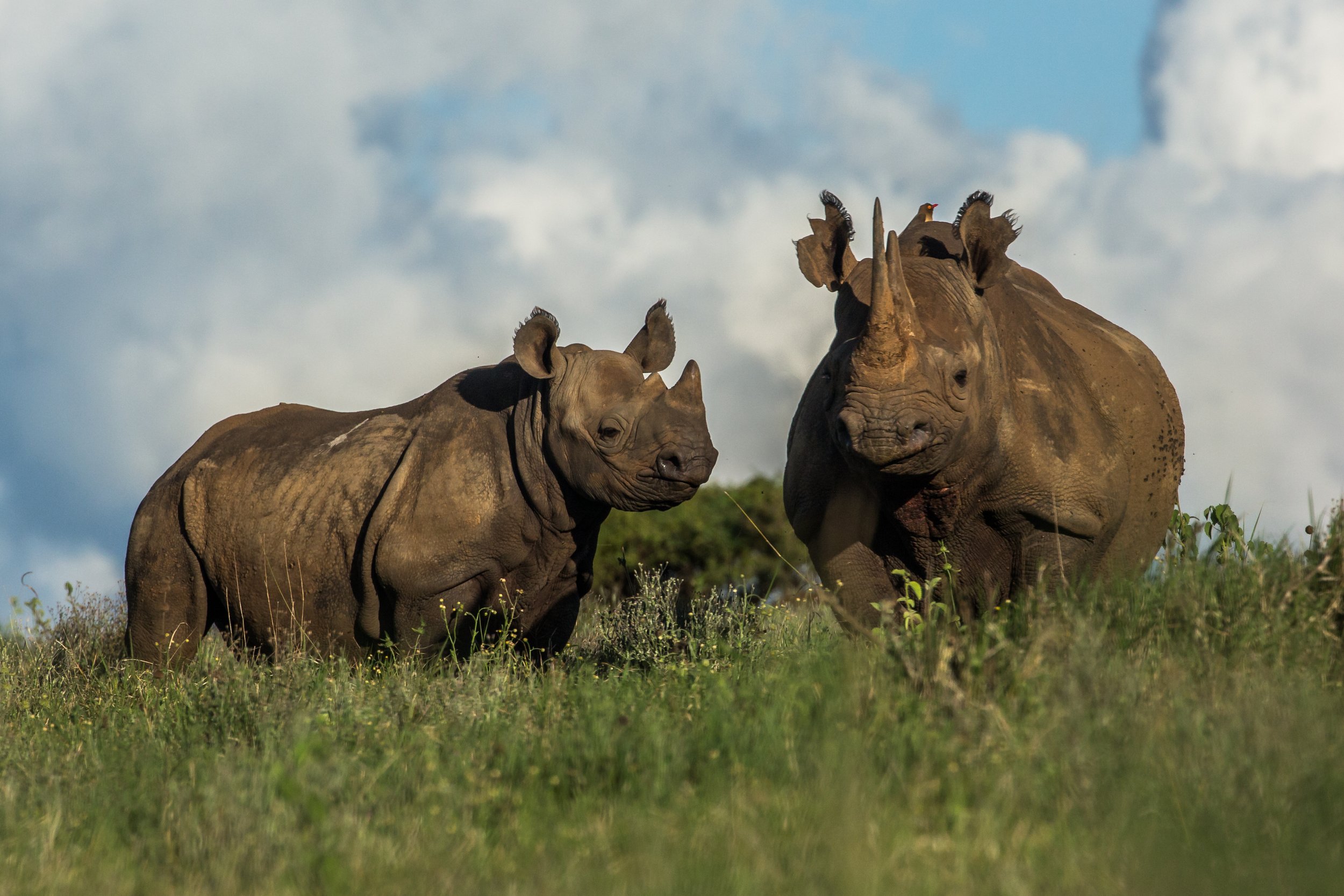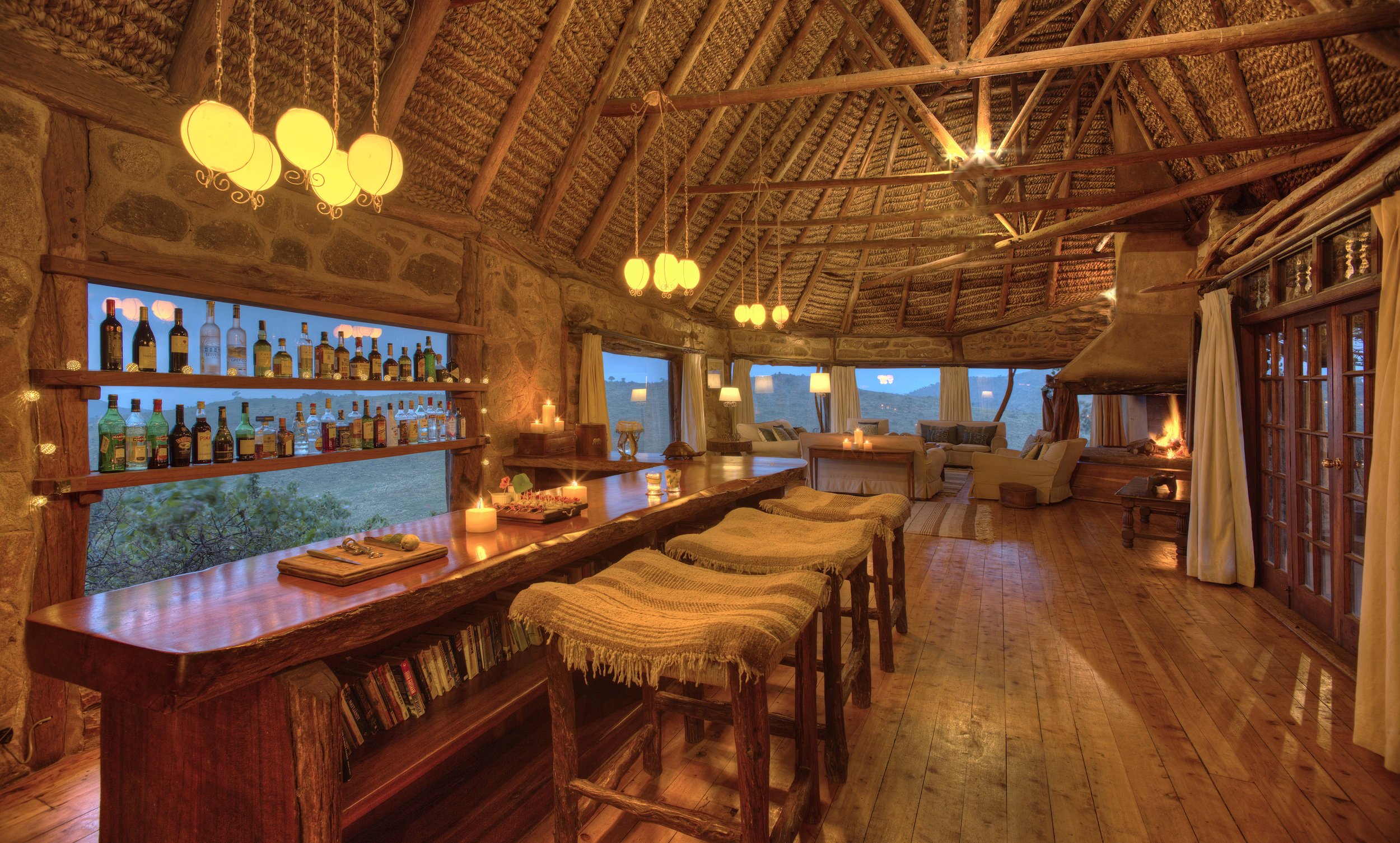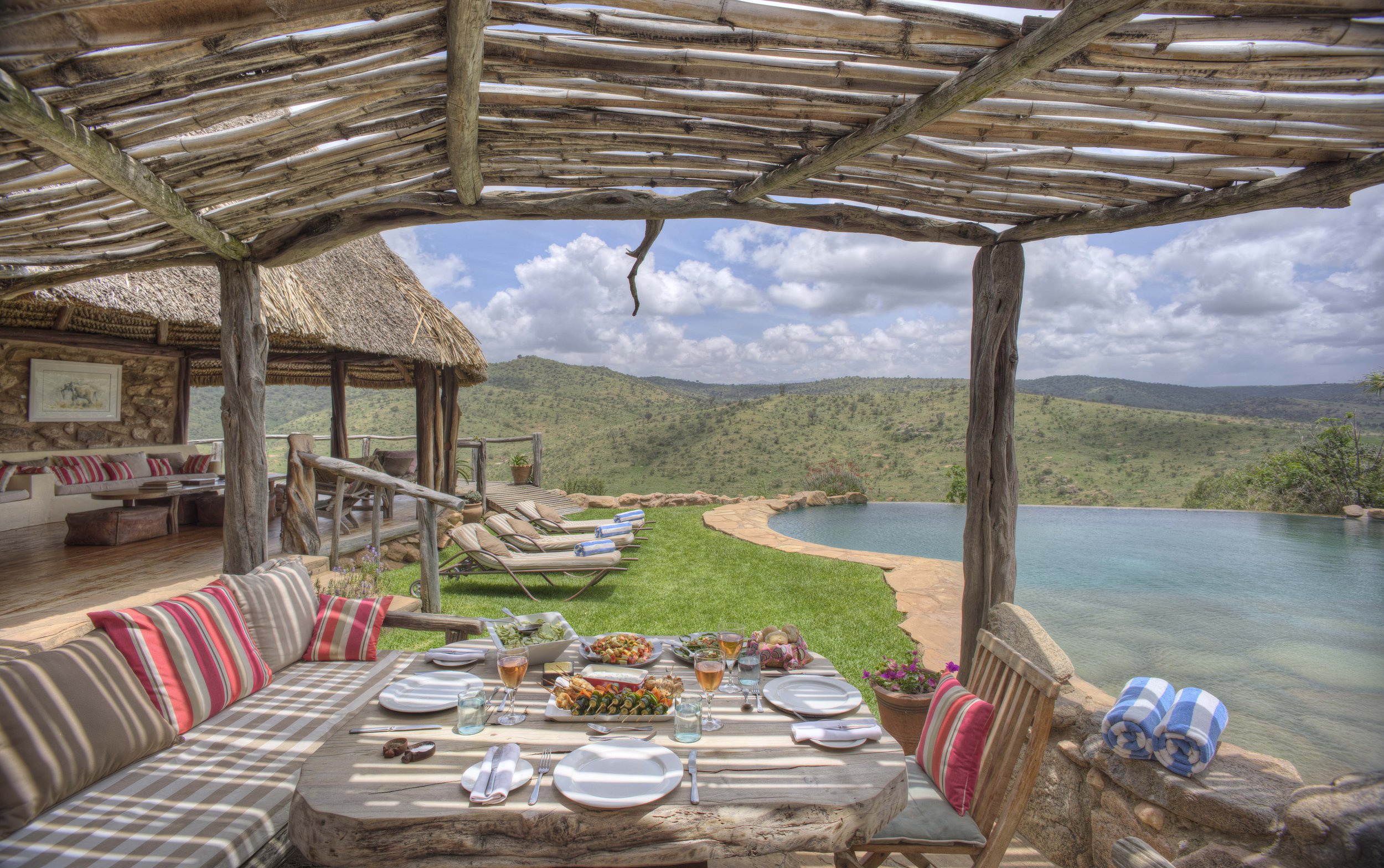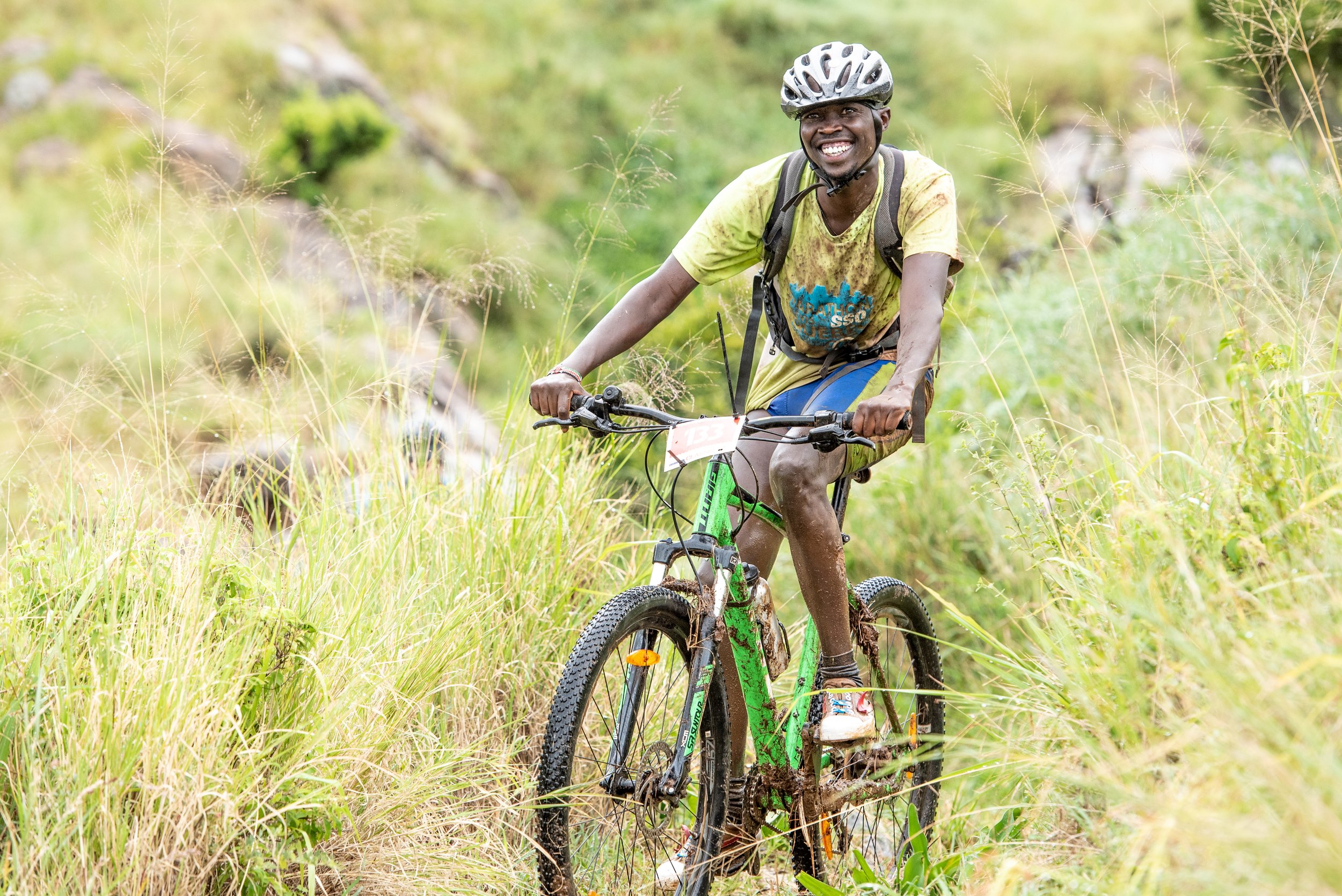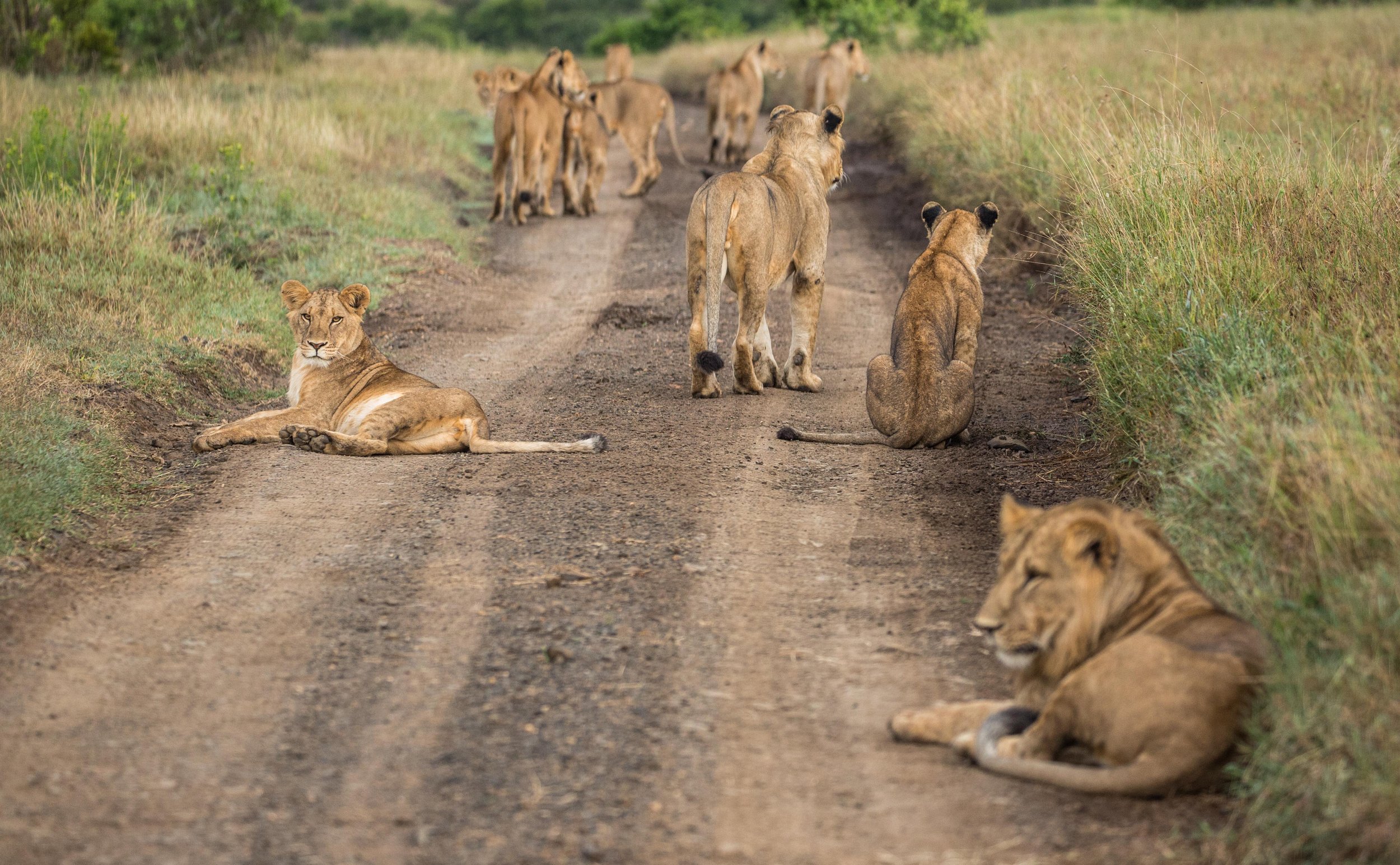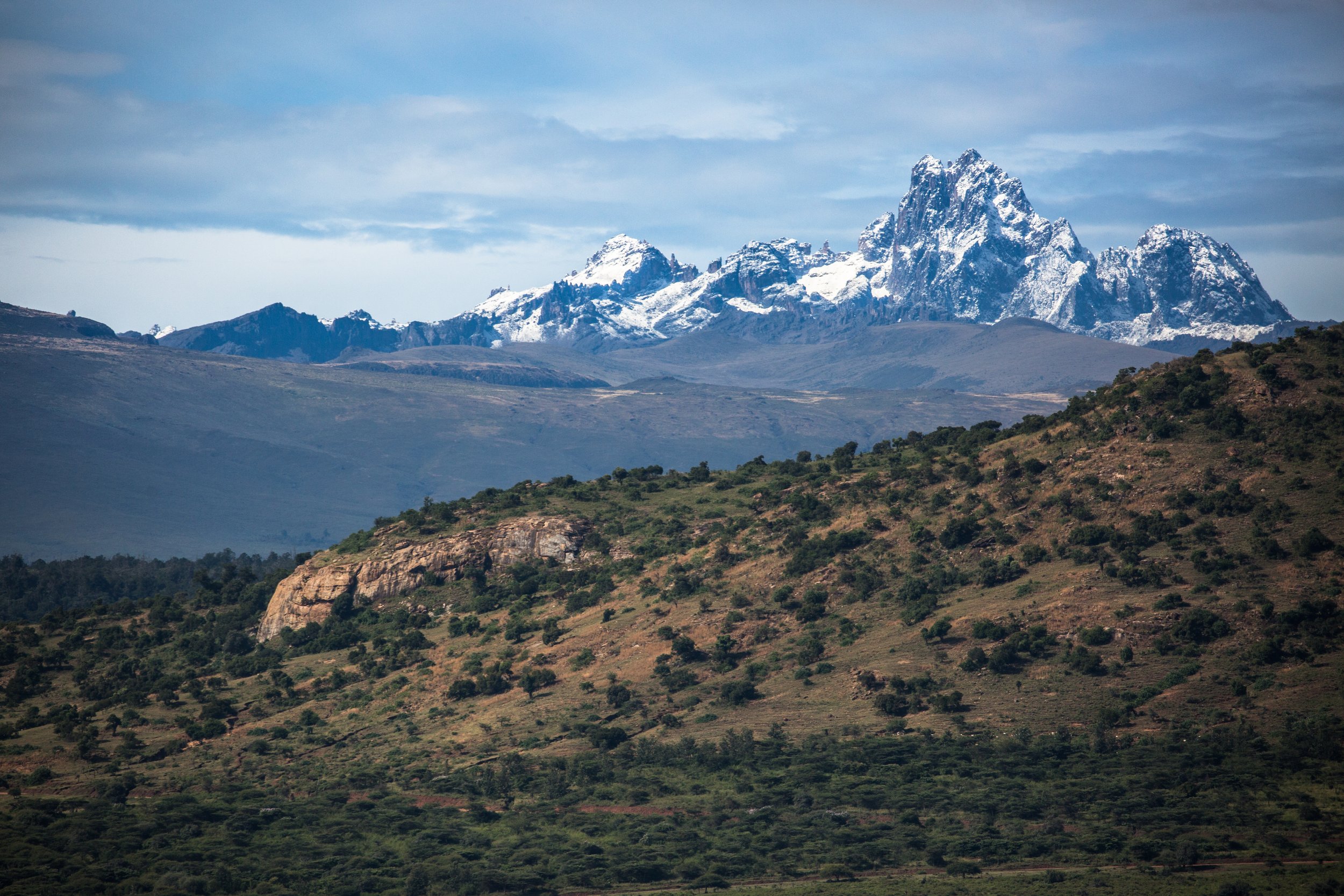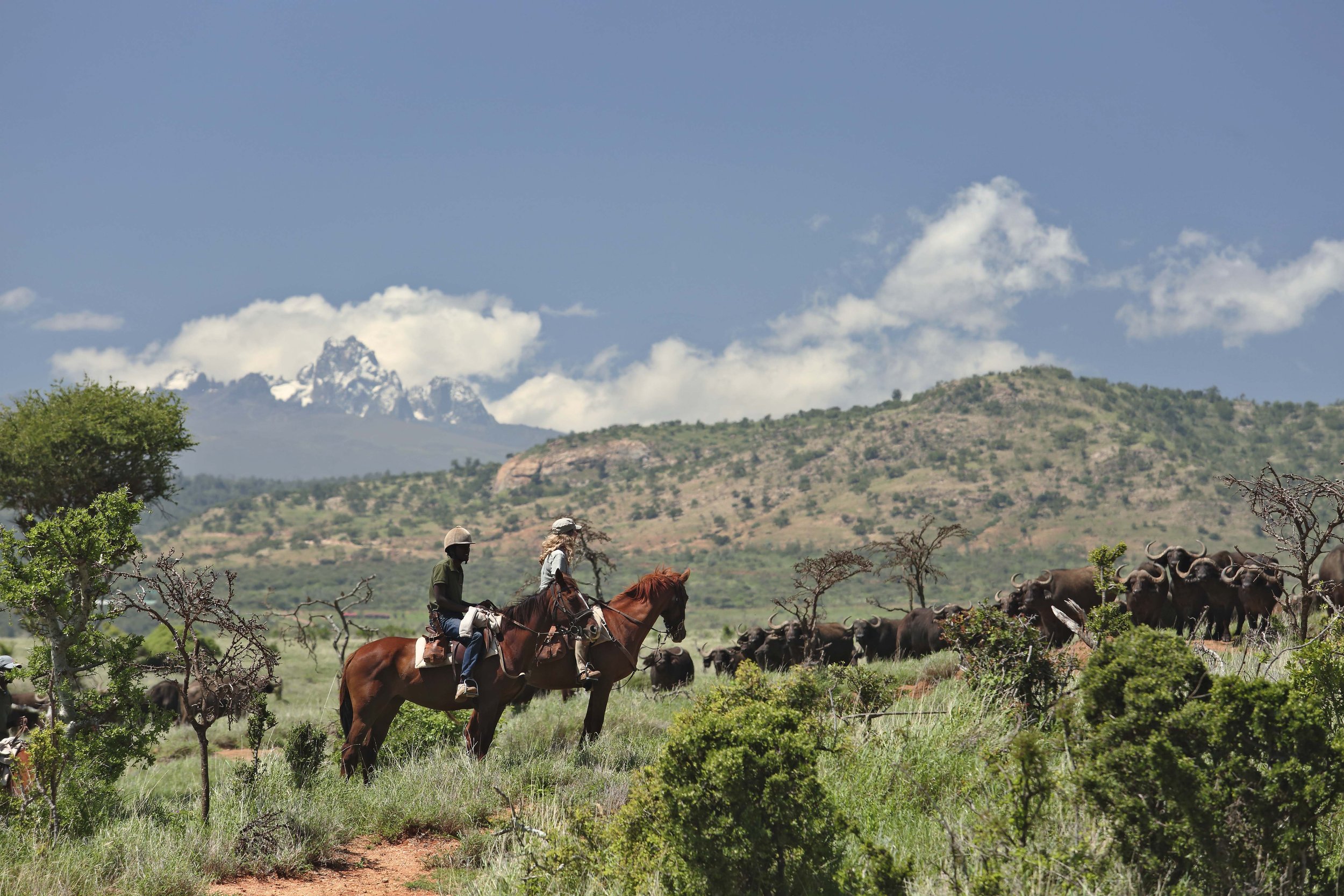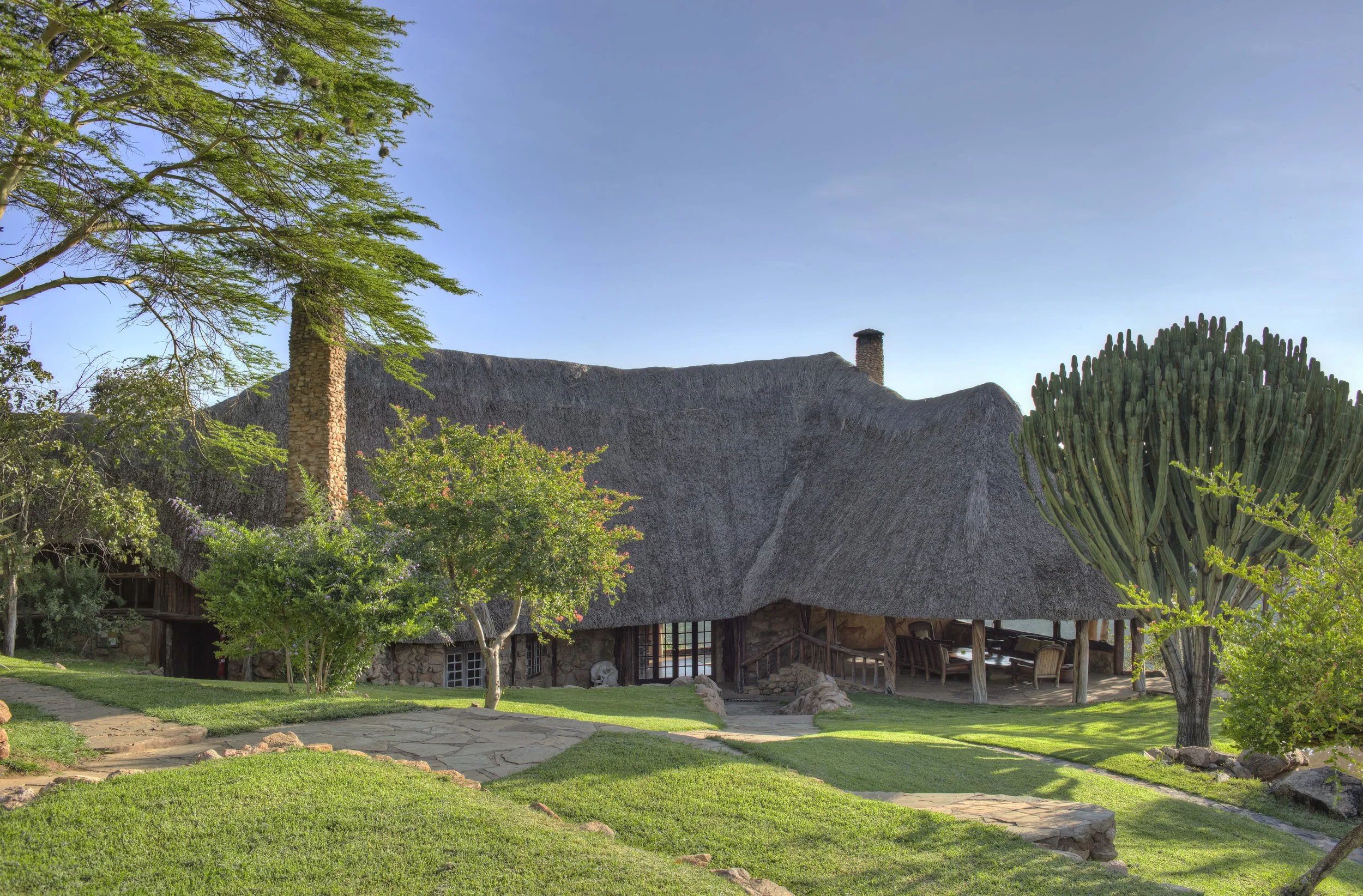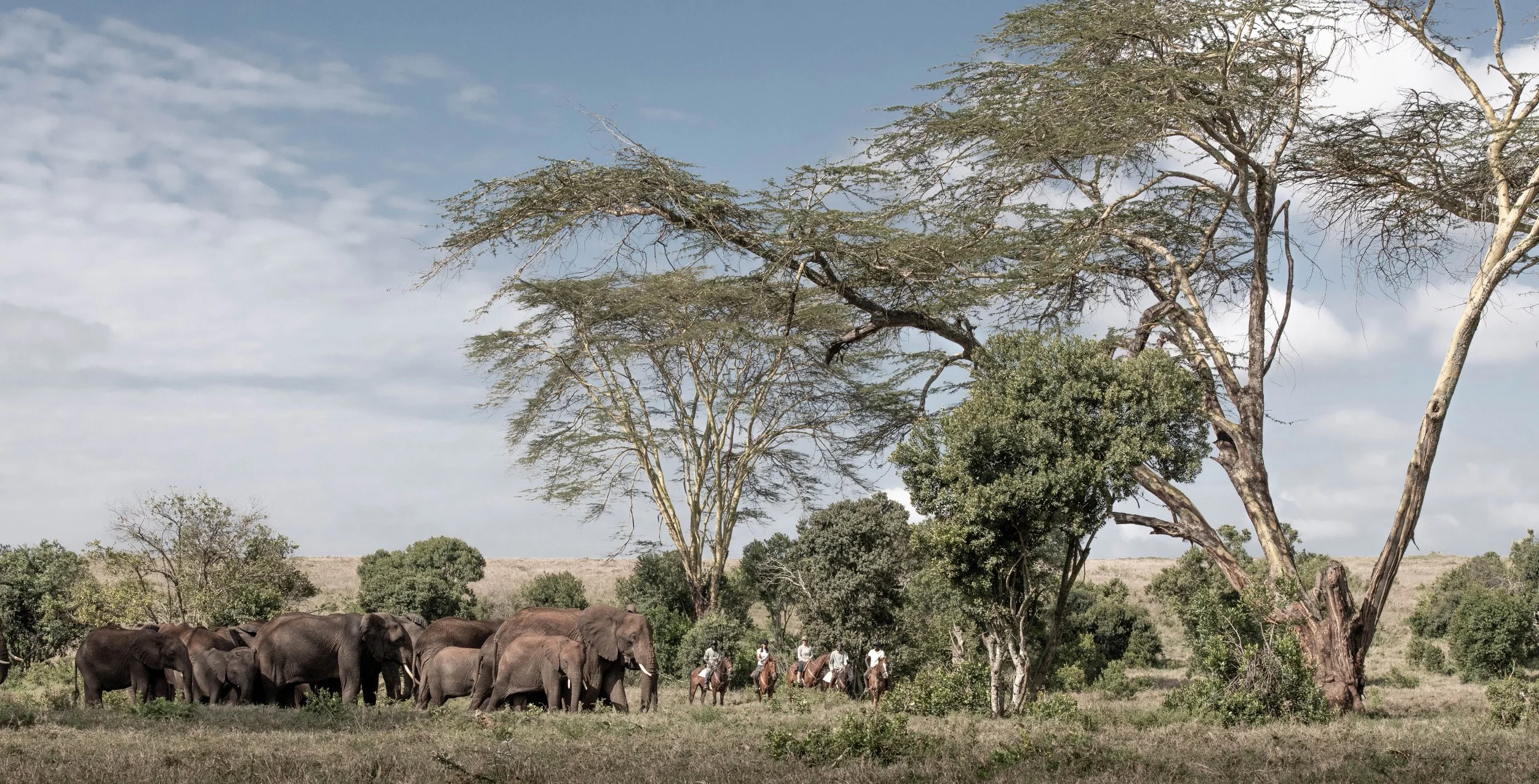Borana Lodge
Borana Conservancy, Kenya
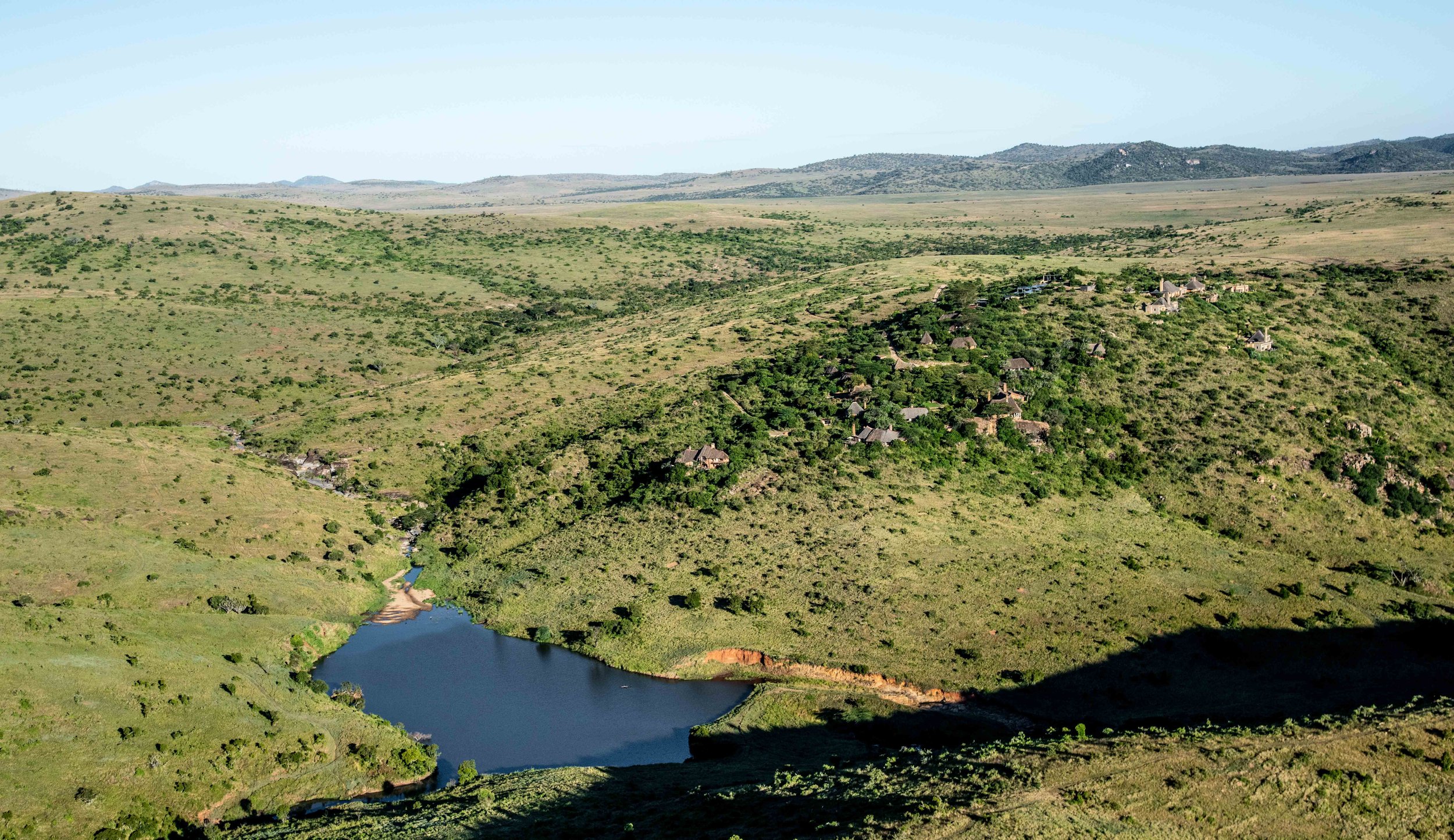
Borana Lodge
Eco Lodges
Since MAY 2020
In the heart of Kenya’s Borana Conservancy, not only does Borana Lodge offer sweeping views of the 32,000 conservation area, it also acts as one of its main economic drivers. Each memorable getaway here contributes to the sustainable conservation of Borana’s landscape wildlife and building local livelihoods. Borana Lodge is a certified Global Ecosphere Retreat®.
With just six hillside cottages, Borana Lodge champions a beyond-the-traditional-game-drive approach. Guests are given a behind-the-scenes understanding of how a successful wildlife conservation area is run through thrilling and authentic experiences such as riding in the wild and bush walks. Revenue contributes to core operational costs, including a mobile clinic, training and welfare for Borana’s 13-strong team of rangers, and education, water safety, and livestock programmes. This allows the conservancy to continue on its sustainable and regenerative journey and to secure the integrity of Borana’s ecosystem in the future.
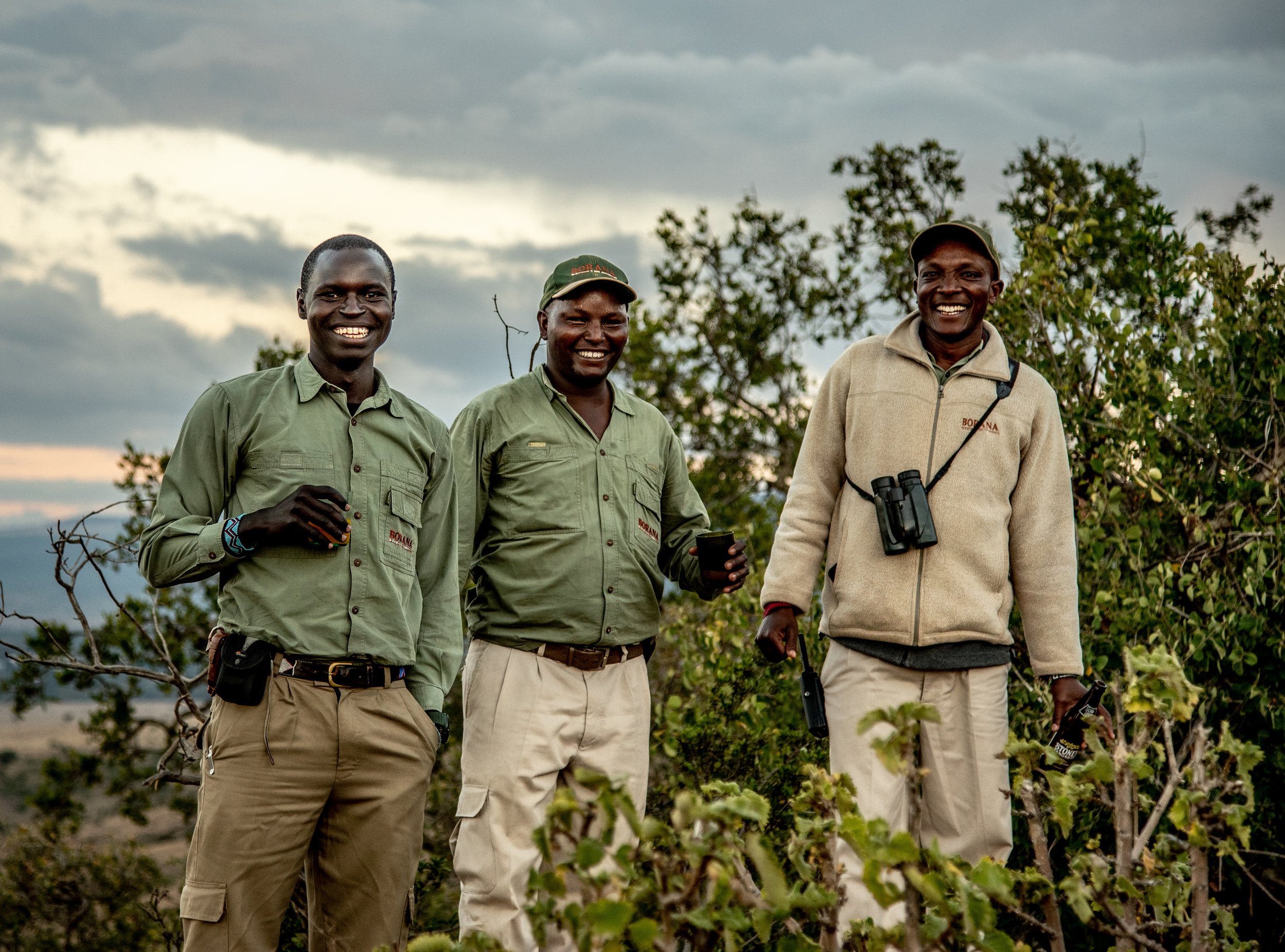
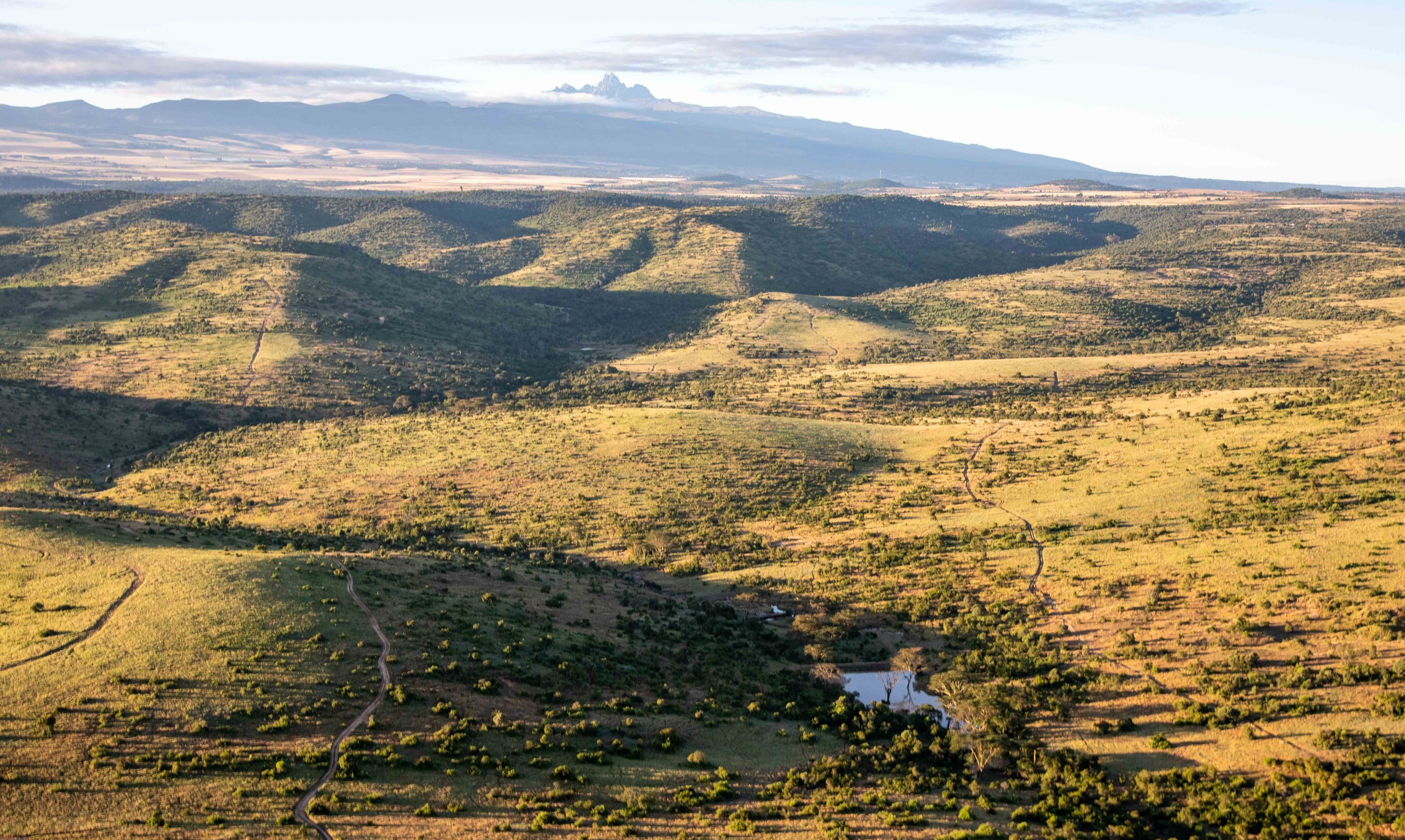
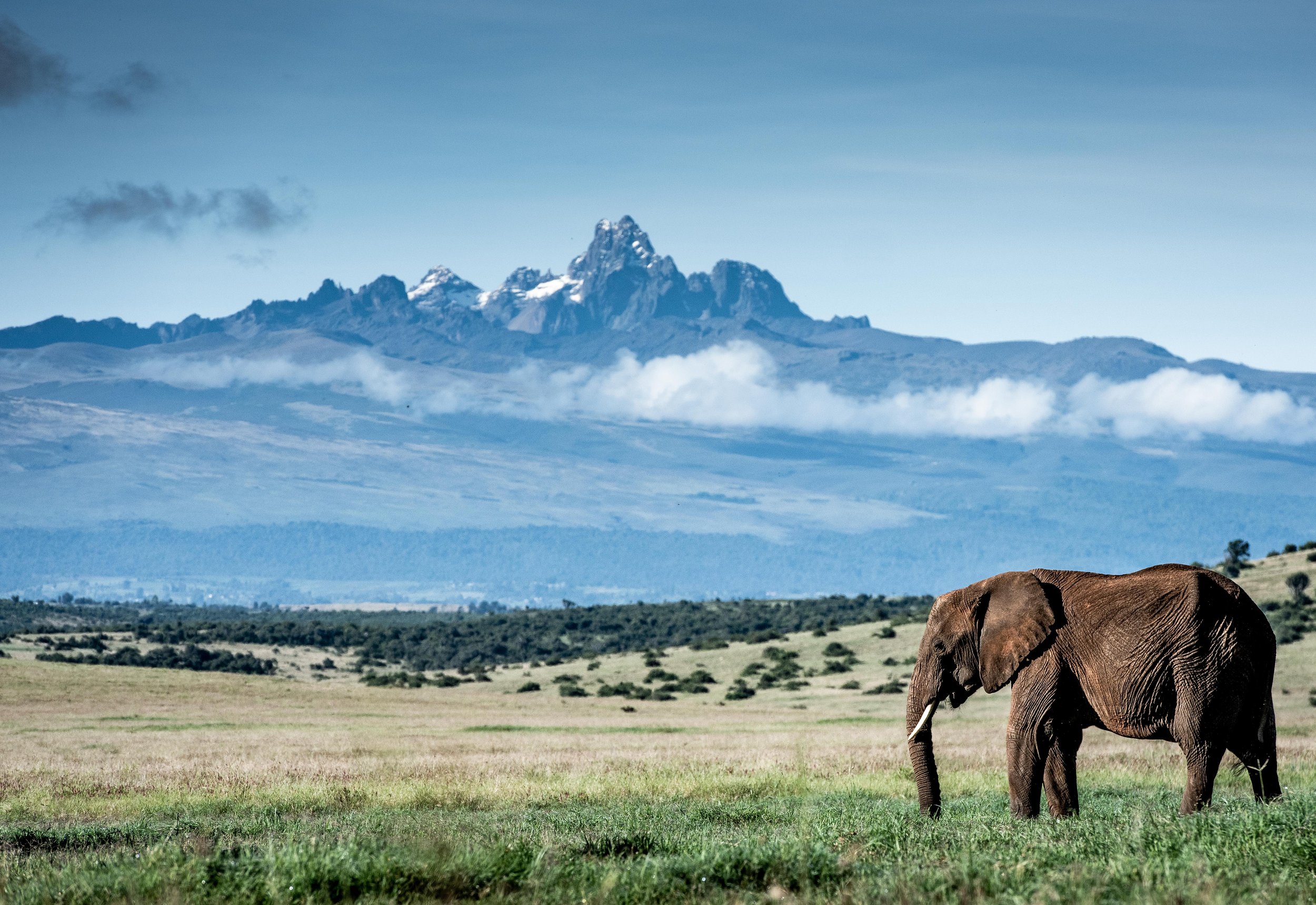
CONSERVATION
Forms part of the Borana-Lewa Landscape, which is home to 13.5% of the Kenyan rhino population.
Borana Conservancy achieved zero poaching for the ninth consecutive year in 2023.
COMMUNITY
Over 90% of employees are local, and 48% of the team being female.
Supports a mobile clinic which travels over 1,500 Km a month and focuses on family planning and child inoculations.
CULTURE
Borana works with Team Talk, a project that uses sport, in this case, touch rugby, to break down social and gender barriers to enable cultural changes. The charity only visits communities that have requested their support in making cultural adaptations to their patriarchal society. It encourages positive relationships between boys and girls, which enables more in-depth discussions on health and social messages.
Guests who visit Borana Lodge generate around USD 500 per year in income for local women’s groups that make traditional beaded items. Beading is a great generator of equality in remote communities, it allows women to remain in their traditional roles as mothers, carers, and homemakers while generating independent income and coming into contact with other cultures.
COMMERCE
Borana Lodge invests 24% of each guest’s stay to the sustainable conservation of land, wildlife, and building local livelihoods. This is reported via The Long Run 4Cs impact bill, which is given to each guest on arrival and advertised on our website.
Borana’s Highlights
